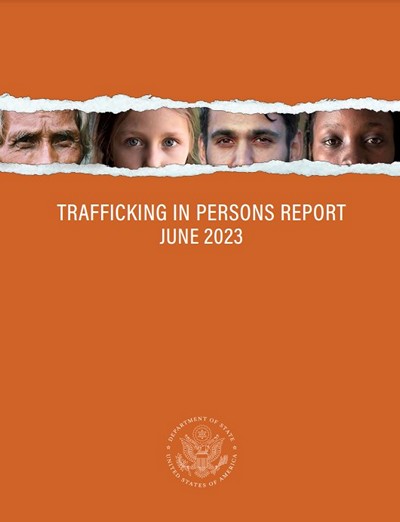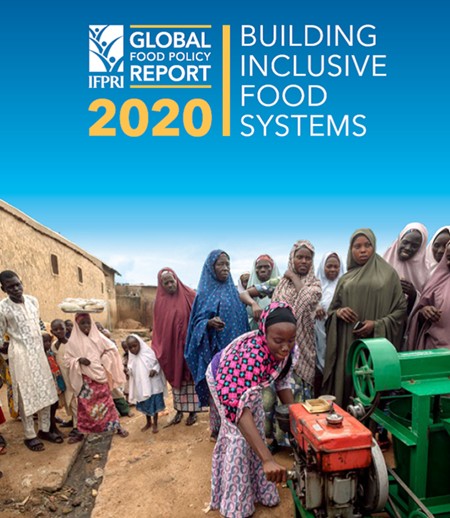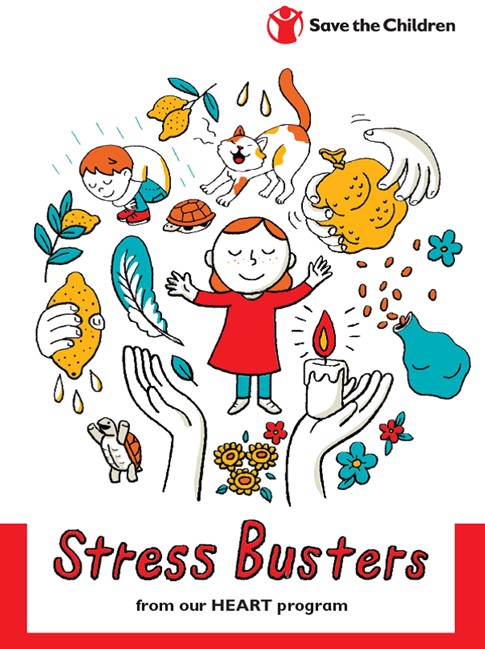Drug Policies – Importance of Addressing Special Issues of Women
Извор: WUNRN – 16.03.2019
WOMEN’S RIGHTS MUST BE CENTRAL IN DRUG POLICIES: UN EXPERTS
GENEVA (13 March 2019) – States around the world must address the specific concerns of women in drug policies, say UN human rights experts. The call by the UN Working Group on the issue of discrimination against women in law and in practice came ahead of a high-level meeting on 14-15 March 2019 of the Commission on Narcotic Drugs:
“States must urgently take concrete measures to meet their commitments to ensuring women’s rights in drug policies and programmes. This cannot happen if issues and concerns that are specific to women remain invisible and neglected.”
In keeping with the Sustainable Development Goals, in which gender equality is a stand-alone goal as well as being incorporated in all other goals and targets, tackling the impact of drug policies on women deserves proper attention and visibility.
Drug policies cannot be effective without addressing the root causes of structural inequality and discrimination which place women in a subordinate role in society, including in the family, often leading to experiences of violence, marginalisation and domination. Marginalisation of women, poverty, gender-based violence, lack of job opportunities and absence of social protection from the State, together with the need to support their family, can drive women into committing drug-related offences.
The drastic rise in the number of women in prison globally is alarming. In some parts of the world this increase is mainly due to women being convicted of drug-related offences. Proportionally, more women than men are serving jail sentences in relation to drug offences. Despite their often low-level, non-violent and first-time involvement in such crimes, women are more exposed to health and safety risks and the risks of being caught as drug carriers and disproportionately punished.
Women also face insurmountable barriers in enjoying their right to fair trial because of their inability to afford effective legal representation, judicial gender stereotyping and a lack of gender-sensitive administration of justice, which often do not take into account the mitigating circumstances, such as socio-economic deprivation or coercion and the generally low-level of criminality.
The incarceration of women involved in low-level drug offences does not contribute effectively to addressing the world’s drug problem. Instead, it perpetuates a vicious cycle of victimisation, placing them in situations of further injustice.
States must seize the important opportunity of this high-level meeting of the Commission on Narcotics to focus on women and draw on good practices from countries which have invested in providing them with support in the form of counselling, job opportunities, and access to services aimed at reducing harm and drug dependence.
These drug policies and programmes must involve women at all stages of their development, implementation, monitoring and evaluation.
####
The UN Working Group on the issue of discrimination against women in law and in practicewas created by the Human Rights Council in 2011 to identify, promote and exchange views, in consultation with States and others, on good practices related to the elimination of laws that discriminate against women. The Group is also tasked with developing a dialogue with States and others on laws that have a discriminatory impact where women are concerned. It is comprised of five independent experts: the Current Chair: Ivana Radačić (Croatia), Alda Facio (Costa Rica), Elizabeth Broderick (Australia), Meskerem Geset Techane (Ethiopia) and Melissa Upreti (Nepal).
https://www.ohchr.org/EN/NewsEvents/Pages/DisplayNews.aspx?NewsID=24330&LangID=E



